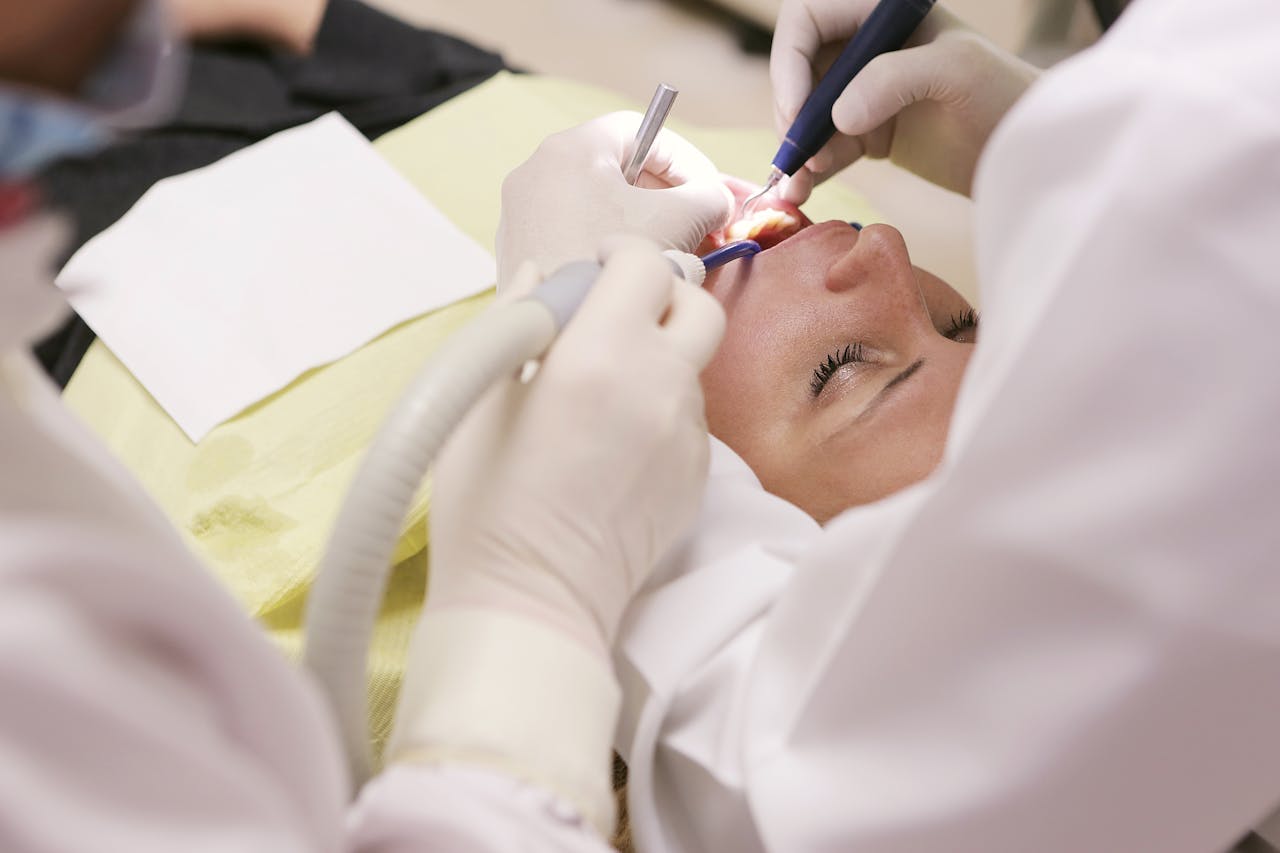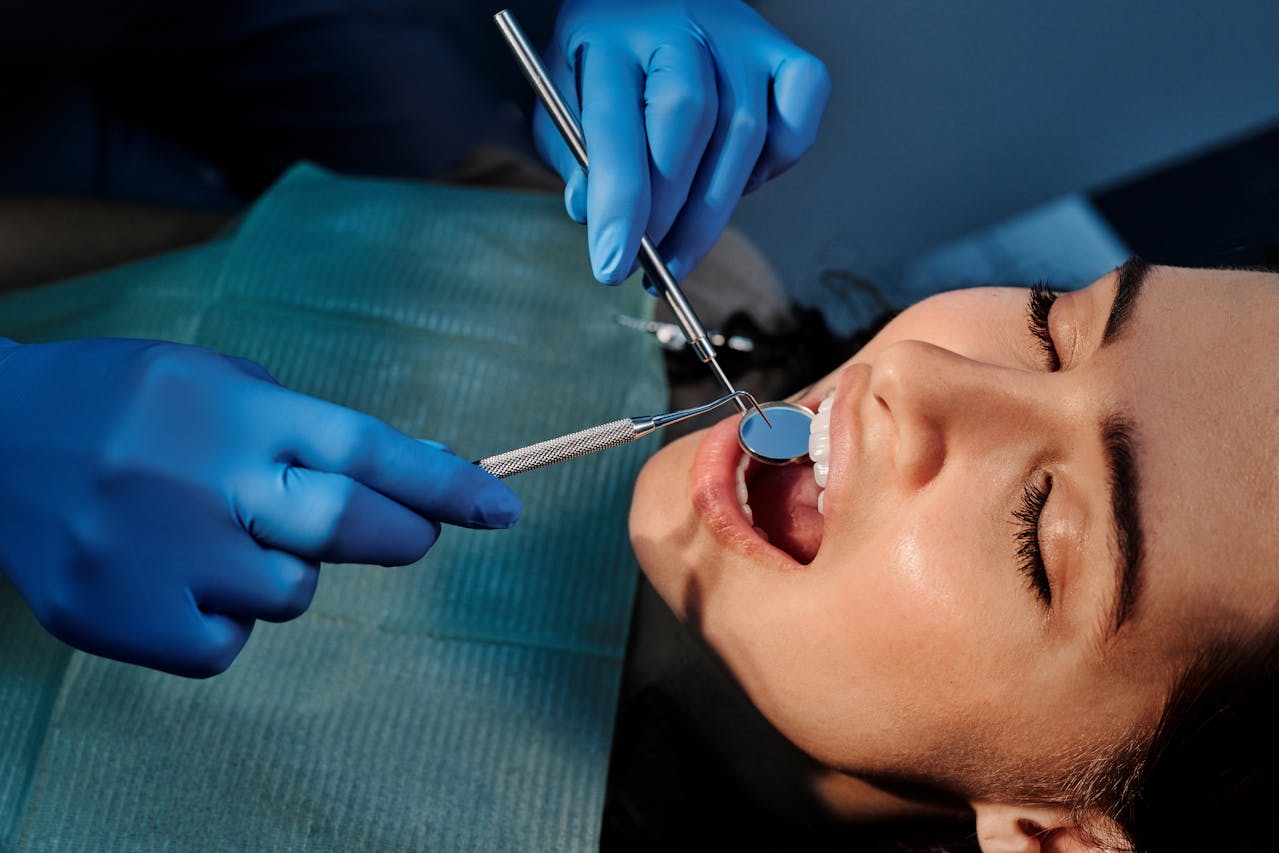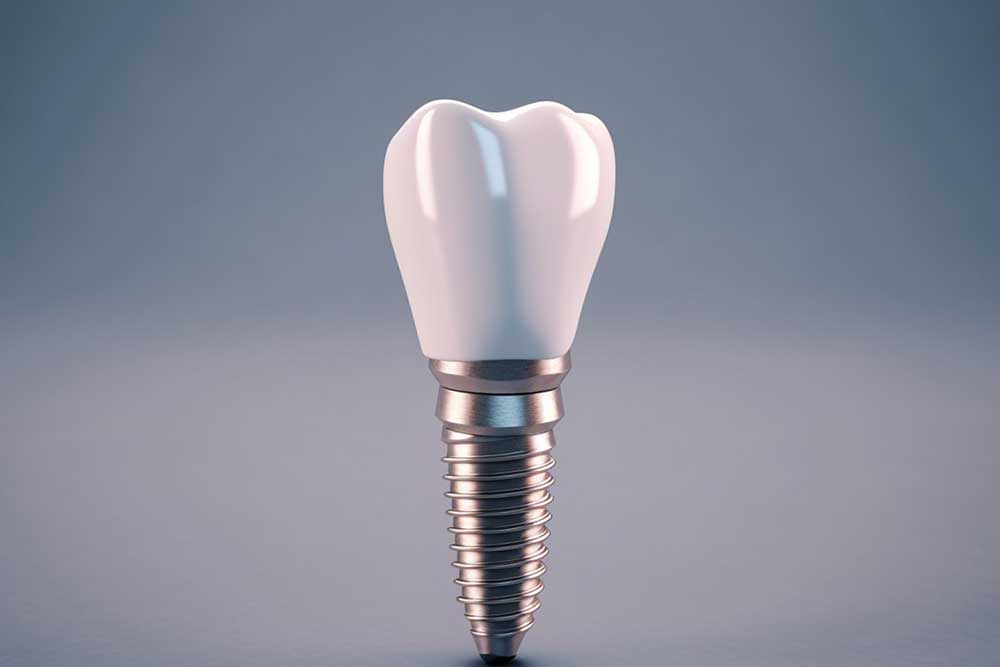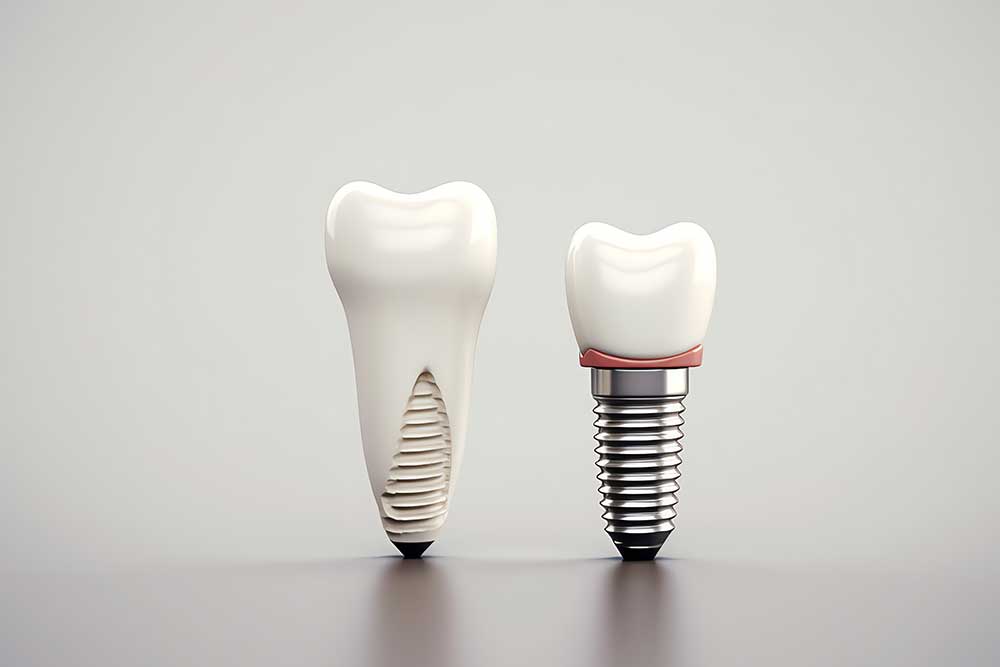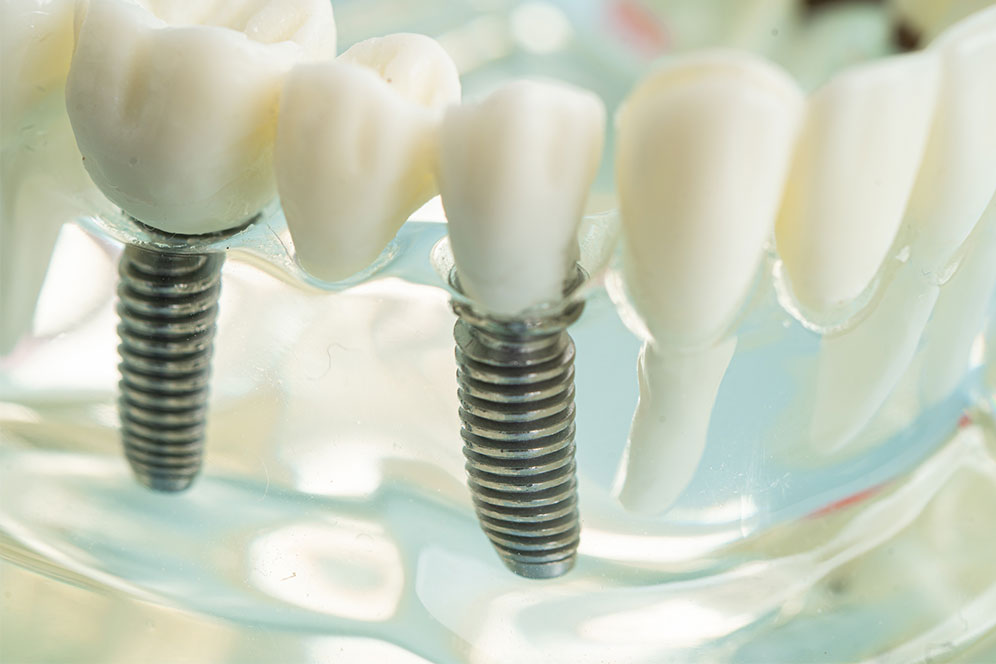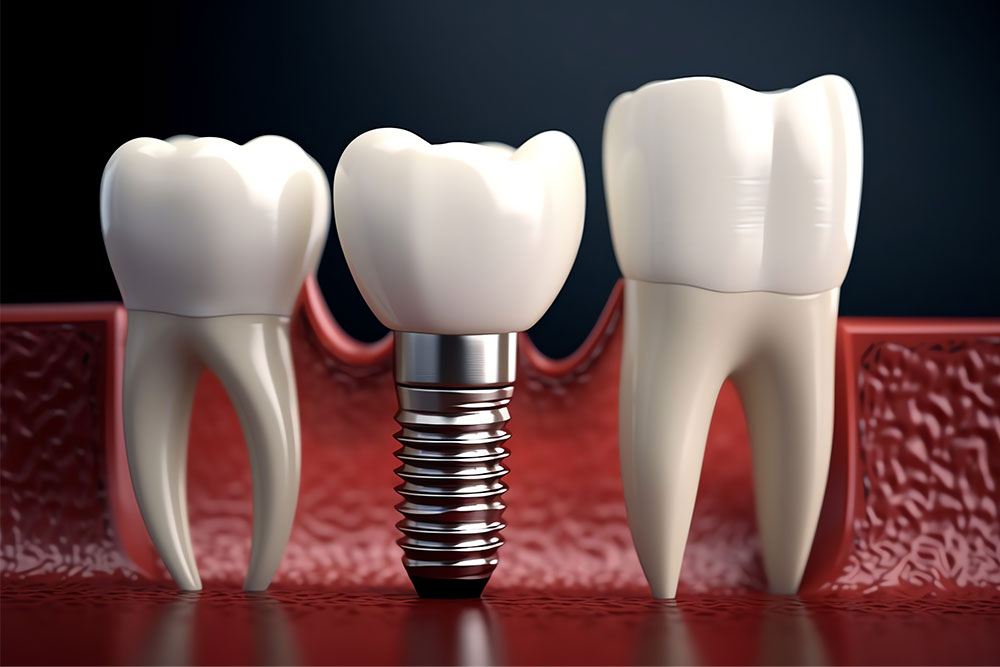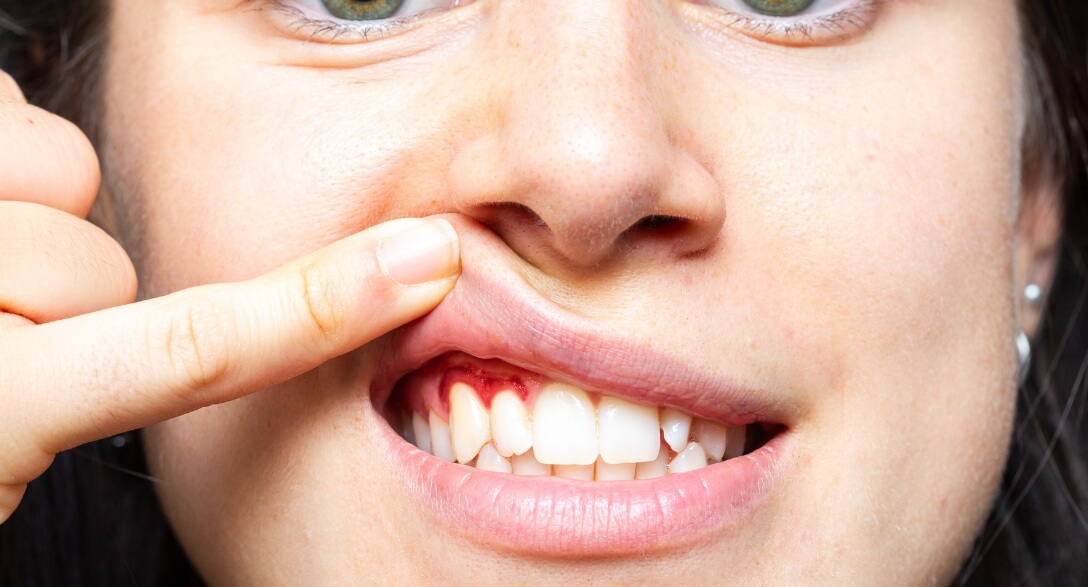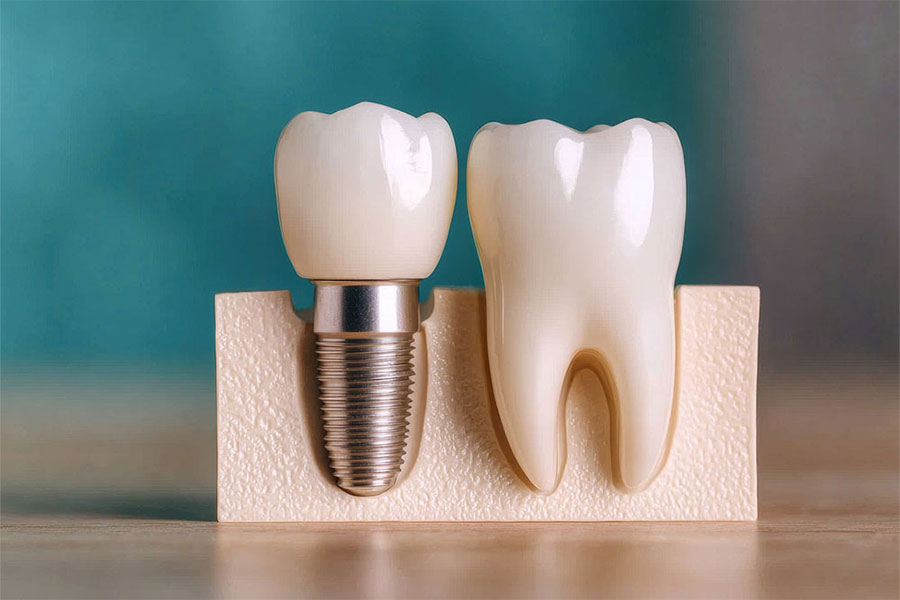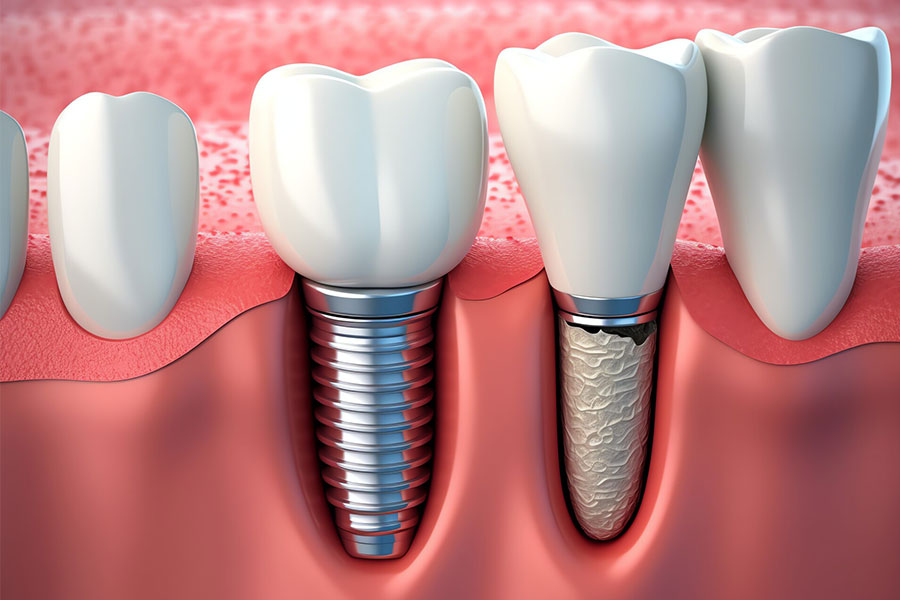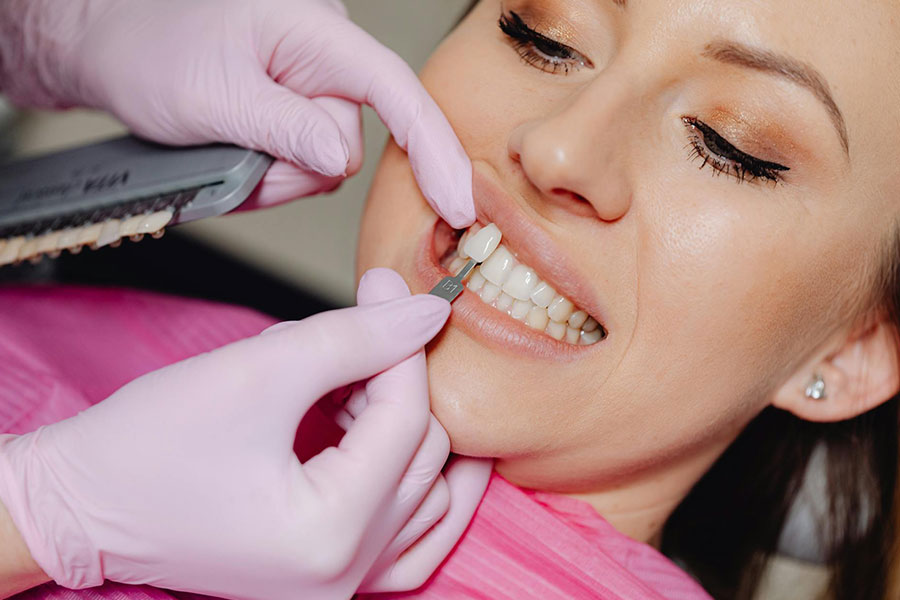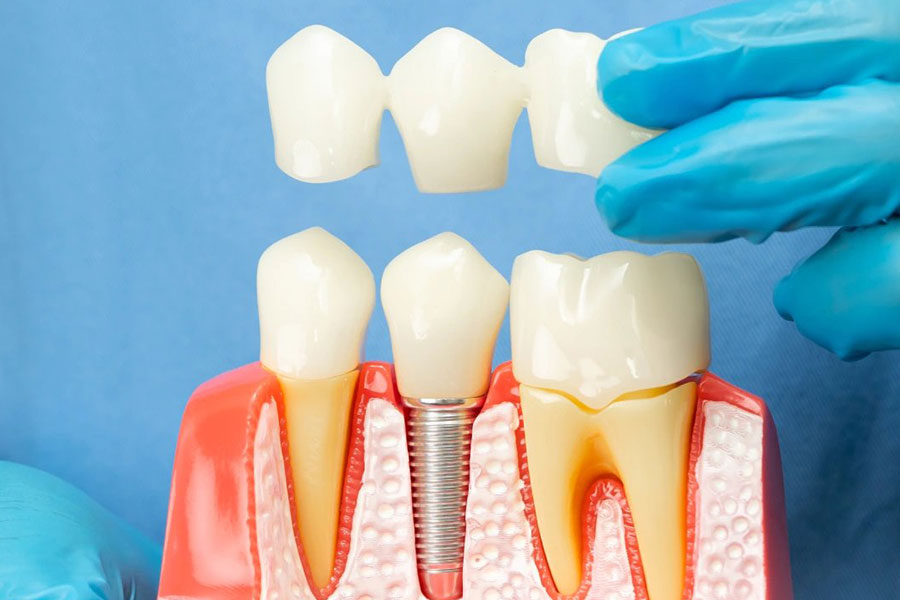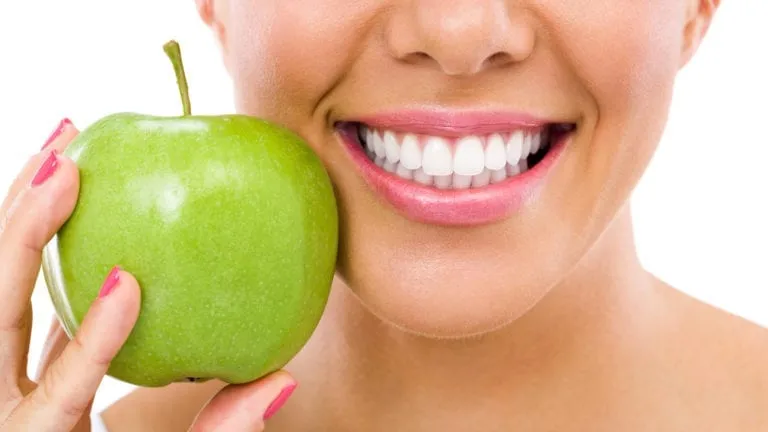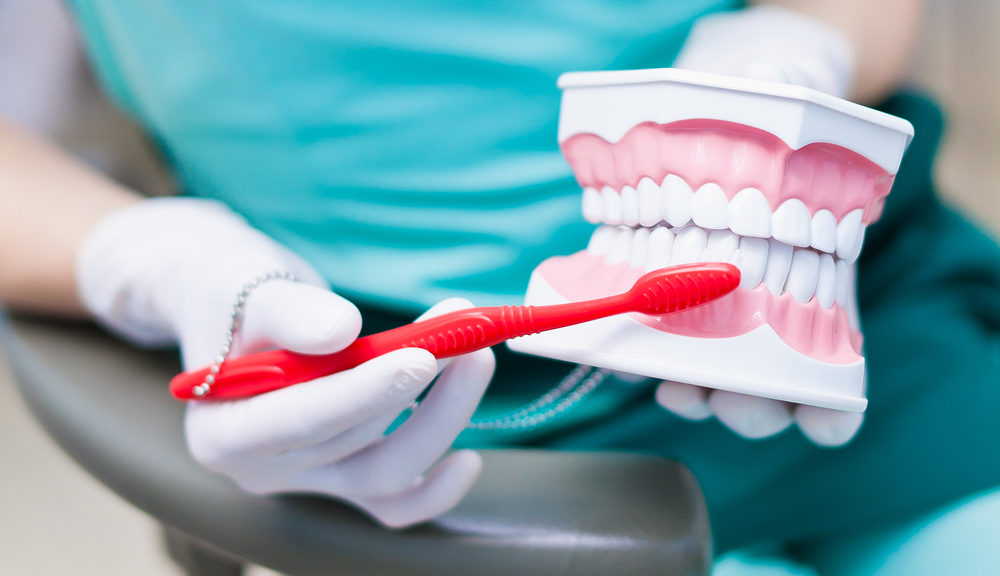Dental implants take planning, skill and time to heal well. The days and weeks after surgery matter just as much as the procedure itself. The goal is straightforward: protect the clot, keep swelling down, prevent infection and give the bone the best chance to fuse with Dental implants in Melbourne. Here’s what to steer clear of, and why each point matters.
Don’t smoke or vape
Nicotine narrows blood vessels and slows the body’s natural repair work. Smoking also increases the chance the implant will not integrate with bone. Many oral surgery teams ask patients to quit for several days at a minimum, and ideally for the full healing window. If you need support, ask your dentist or GP for help with quitting strategies and nicotine replacement.
Also Read: Smoking and Dental Implants: Quit-Window Tips to Slash Failure Risk
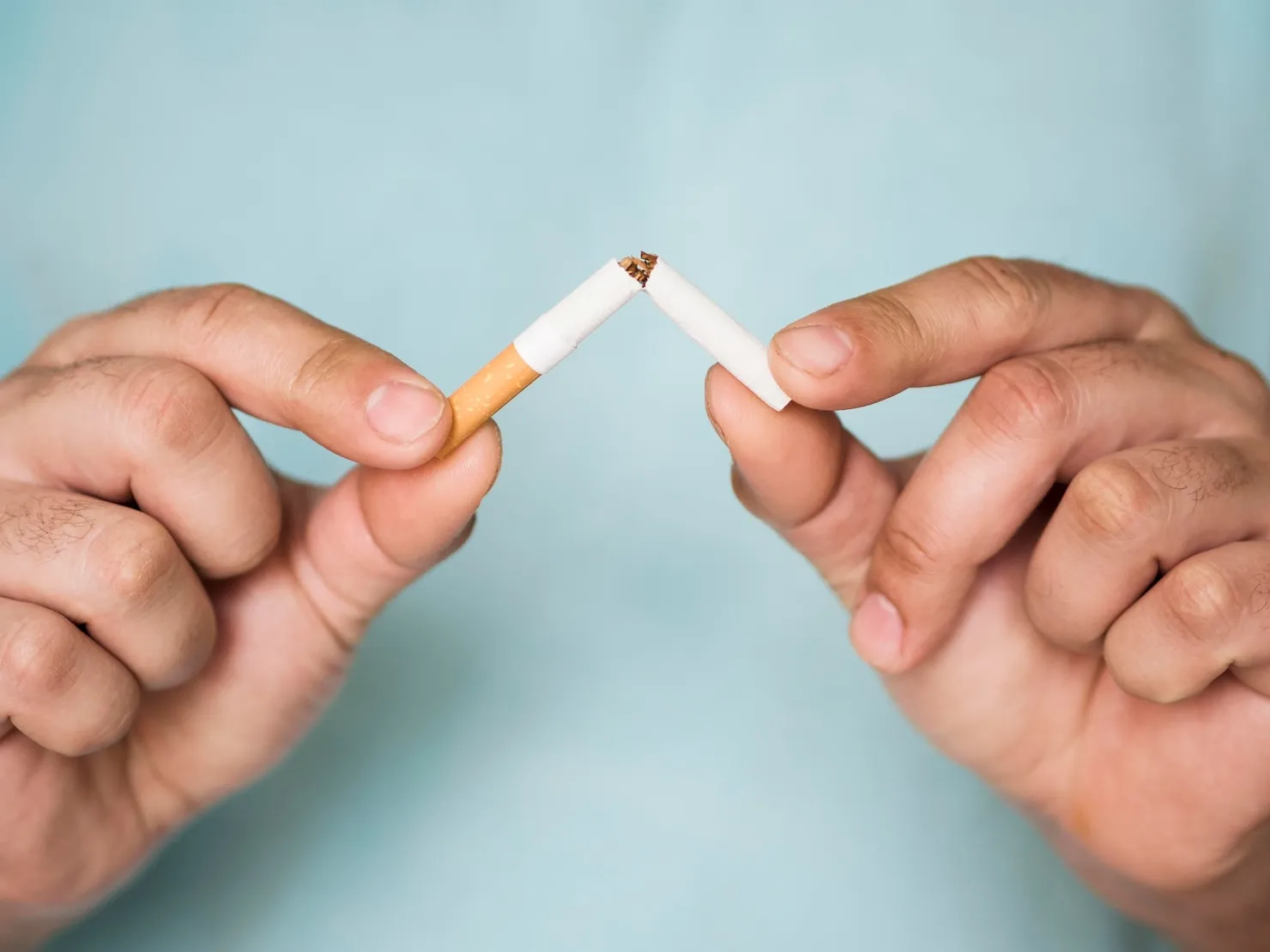
Skip alcohol early on
Alcohol dries the mouth and can interfere with clot stability and some pain medicines. A conservative approach is to avoid it for at least the first day, and longer if you are taking prescribed antibiotics or stronger pain relief. Your surgeon’s advice always takes priority.
No straws, forceful spitting or vigorous rinsing
Suction and pressure can dislodge the early clot around the surgical site. That setback can lead to pain and slower healing. Avoid straws, swishing, and spitting for the first 24 to 72 hours. When you need to rinse, let the liquid fall gently from your mouth. These simple oral hygiene steps can help prevent complexities and keeps dental implants near me affordable in the long term.
Go easy on exercise and heavy lifting
Hard workouts raise your heart rate and blood pressure, which can restart bleeding or worsen swelling. Keep activity light for a couple of days, then take cues from your surgeon’s instructions and your own comfort.
Avoid hot drinks and steaming soups at first
Heat dilates blood vessels and can increase bleeding. Many hospital instructions after oral surgery advise avoiding hot food and drink during the early phase. Choose cool or room-temperature options until the site is stable.

Don’t poke the wound
Fingers and tongues carry bacteria, and fiddling with the stitches disrupts healing. Treat the area as off-limits. If a suture feels long or bothersome, call the clinic rather than trimming it yourself.
Press pause on crunchy, chewy and sticky foods
Crackers, chips, crusty bread and chewy lollies can irritate the site or wedge into the wound. Early on, pick soft foods such as yoghurt, eggs, mashed veg and tender fish. Add texture back gradually as advised by your clinician. If you’ve had grafting, expect a gentler diet for longer.
Don’t rush back to toothbrush bristles on the surgical spot
Keeping your mouth clean matters to keep your health and dental implants near me prices in check. Many hospital leaflets advise not brushing directly over the implant site for several days, sometimes up to a week, while still brushing the rest of your teeth as usual. Your team may recommend a chlorhexidine mouthwash to keep plaque under control during this window. Use it as directed and don’t overuse it long-term.
Avoid skipping prescribed medicines
If you have been given antibiotics or anti-inflammatory medication after getting full mouth dental implants in Melbourne, take them as prescribed and finish the course unless your doctor tells you otherwise. Pain control keeps you eating and sleeping properly, which supports recovery. If a medicine upsets your stomach or clashes with other meds, ring the practice for advice.
Hold off on mouthwash too soon or the wrong way
Saltwater rinses are often suggested after the first day, but chlorhexidine or other medicated rinses should be used only if your dentist recommends them. When you do rinse, tilt and let the liquid roll around passively rather than swishing hard.
Don’t drive or sign paperwork if you had sedation
If your procedure involved general anaesthesia or IV sedation, you shouldn’t drive, use machinery or make important decisions for at least 24 hours. Plan a lift home and a quiet day.
Keep your head slightly raised, not flat
Rest with an extra pillow the first night or two. An elevated position helps limit swelling and throbbing. Ice packs wrapped in a cloth for short intervals can also help in the first 24 hours. Follow any time limits your surgeon provides.
Avoid missing follow-up appointments
Healing isn’t identical for everyone. Follow-ups let your dentist check the tissues, remove sutures if needed and catch problems early. Regular reviews and ongoing professional cleans keep implants healthy over the long haul. If you are looking for a dentist, search “dental implants near me” to get started.
Red flags: when to call
Persistent bleeding that soaks gauze after the first day, increasing swelling after 72 hours, fever, foul taste or discharge, or pain that worsens rather than settles deserve a prompt call to your practice for advice. If urgent, call triple zero.
A simple recovery plan you can stick to
- First 24 hours: rest, cold compresses, no smoking or alcohol, no straws, no hot food or rinsing. Keep pressure packs in place as advised.
- Days 2 to 3: gentle saltwater rinses if recommended, brush other teeth carefully, soft foods only, light walks rather than workouts.
- Days 4 to 7: slowly widen your diet, still avoid crunchy or sticky foods and any tobacco. Continue any prescribed mouthwash exactly as directed.
- Weeks 2 to 6: take it steady with chewing on the implant side until your dentist clears you. Keep appointments and maintain excellent daily cleaning around the rest of your mouth.
Protect the clot, keep the area clean, and avoid the habits that push healing backwards. Do that, and you give your implant the best chance to bed in securely and serve you well for years. To know more about the teeth implants cost in Melbourne, talk to the experts today.

